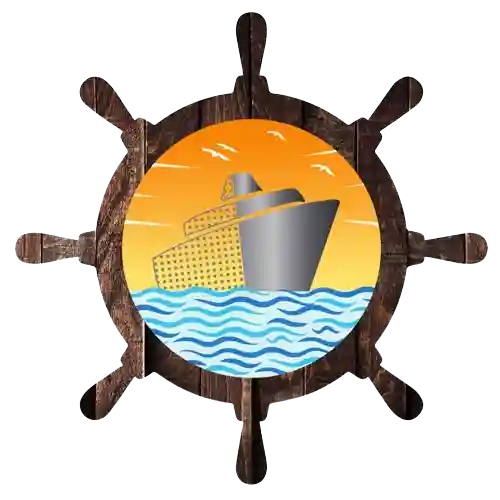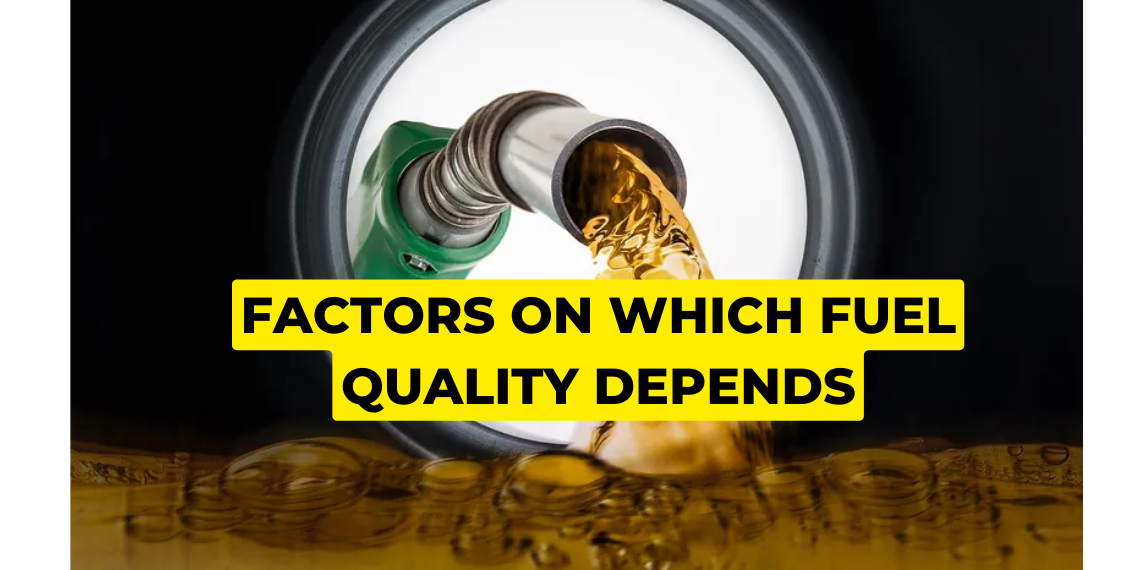Factors on which fuel quality depends
In the shipping industry, fuel quality plays a critical role in the efficient and reliable operation of vessels. As ships traverse the vast oceans, the quality of the fuel they consume directly impacts their performance, emissions, and overall environmental footprint. Understanding the factors that influence fuel quality in the maritime sector is crucial for ship owners, operators, and policymakers alike.
What is bonding of atoms?
Chemical Bond: A chemical bond is a force of attraction that holds two or more atoms together in a molecule or a compound.
Types of bond:
- Single bond
- Double bond
- Triple bond
Single bond:
A single bond is a type of chemical bond formed when two atoms share one pair of electrons. It is the simplest type of covalent bond, represented by a single line between the atoms in a molecular structure. Single bonds are typically found in molecules that contain carbon, such as alkanes, which are hydrocarbons with only single bonds between carbon atoms.
Single bonds are relatively weak compared to double or triple bonds, as they involve the sharing of fewer electrons.

Double bond:
A double bond is a type of covalent bond formed when two atoms share two pairs of electrons. It is represented by two parallel lines between the atoms in a molecular structure. Double bonds are typically found in molecules that contain carbon, such as alkenes, which are hydrocarbons with at least one double bond between two carbon atoms.

Triple bond:
A triple bond is a chemical bond between two atoms in which three pairs of electrons are shared between them. This type of bond is usually formed between two atoms of non-metals, such as carbon, nitrogen, or oxygen, and is the strongest type of covalent bond.

What are the factors on which fuel quality depends?
Marine fuels are either one or more of three basic hydrocarbons:
- Paraffin’s or alkanes: Paraffin or alkanes are single bond carbon atoms which are also called saturated hydrocarbons. General formula of alkanes is


2. Naphthenes or cycloalkanes: Naphthenes or cycloalkanes are saturated hydrocarbons that have at least one ring of carbon atoms.


3. Aromatics or arenes: Aromatics or arenes are compounds that have at least one benzene ring.

Let’s see which fuel has less boiling point

Propane has three carbon atoms and butane has four carbon atoms. The molecular weight of propane is less therefore boiling point of propane is less and it is easier to break.

Now in ethane and ethene both have got the same number of carbons but ethene has got a double bond. Double bond is stronger and it is difficult to break, so boiling point of ethane is less as it has single bond.

Now we have got an alkane having five carbon atoms, cycloalkane and a benzene ring. Alkane will be of the best quality fuel, second best will be the cycloalkane and third one will be the fuel having benzene ring.
What types of fuel is used on ships?
Types of fuel oil used on ships:

There are three types of fuel used on ships
- Marine gas oil: It is a very clean and clear oil, these are the fuels which are only obtained from distillation. It normally consists of 75% of alkanes + cycloalkanes and 25% of aromatics. Their carbon chain is 10-20(C10-C20).
- Marine diesel oil: Marine diesel oil is mainly obtained from distillation but it contains some amount of residual fuel so it is a bit more dirty. It normally consists of 75% of alkanes + cycloalkanes and 25% of aromatics. Their carbon chain is 10-20(C10-C20).
- Marine residual fuel: Marine residual fuel is obtained from 60% alkanes + cycloalkanes and 40% aromatics that is why it is more dirty. Their carbon chain is 20-50(C20-C50). Nowadays this fuel is used in ships because it is cheap and the owners save money.
Note:
If you want to learn more about this topic, we suggest checking out our Combo package with the given link https://merchantnavydecoded.com/courses/c/ . It’s a great way to dive deeper into the subject through video explanations. This package covers all the important details and presents them in an easy-to-understand format. Watching the videos will help you grasp the topic better and make learning more enjoyable. So, we highly recommend giving our Combo package a try to enhance your knowledge on the subject.
Disclaimer :- The opinions expressed in this article belong solely to the author and may not necessarily reflect those of Merchant Navy Decoded. We cannot guarantee the accuracy of the information provided and disclaim any responsibility for it. Data and visuals used are sourced from publicly available information and may not be authenticated by any regulatory body. Reviews and comments appearing on our blogs represent the opinions of individuals and do not necessarily reflect the views of Merchant Navy Decoded. We are not responsible for any loss or damage resulting from reliance on these reviews or comments.
Reproduction, copying, sharing, or use of the article or images in any form is strictly prohibited without prior permission from both the author and Merchant Navy Decoded.


